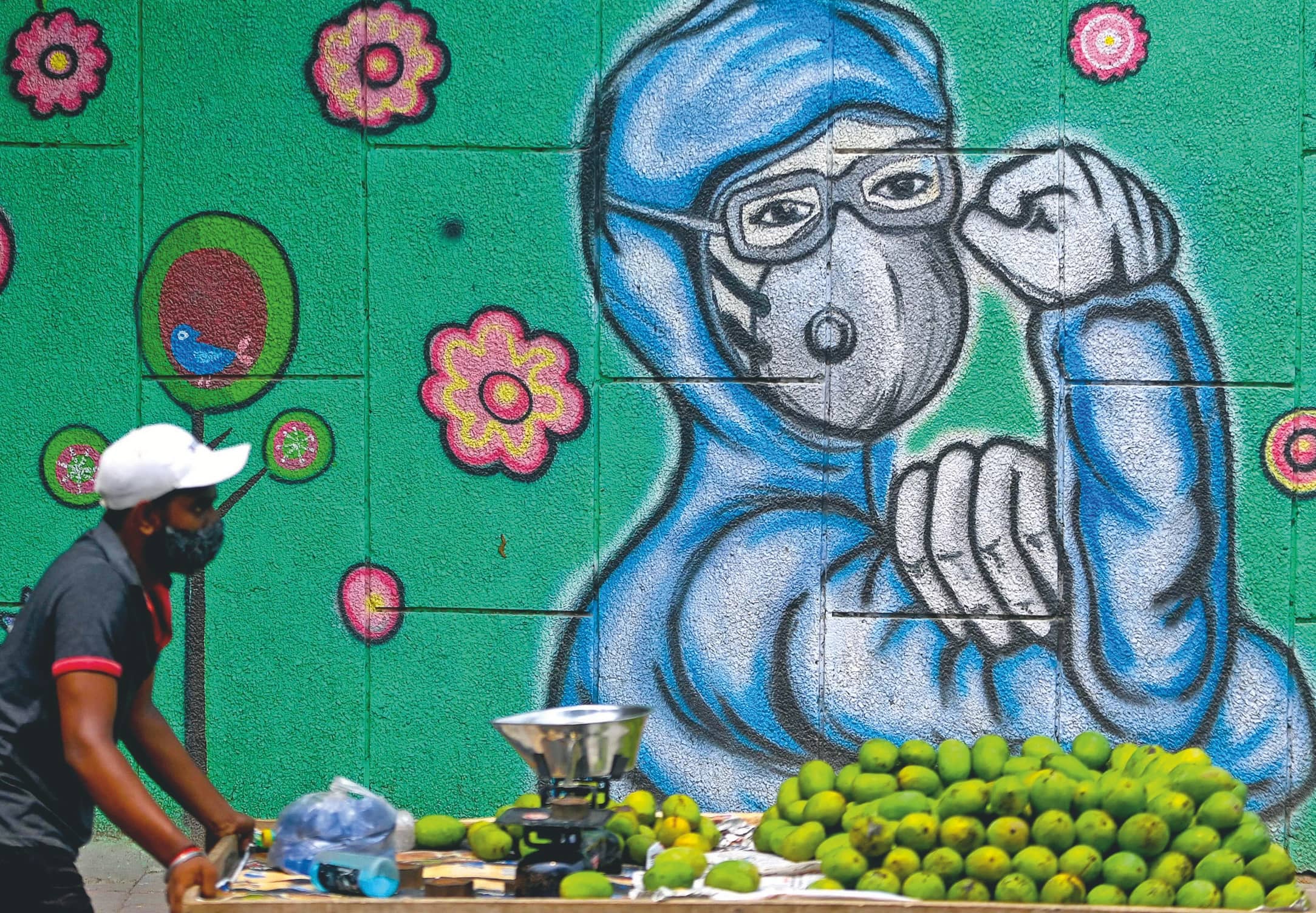
The 31-year-old economics student at the Hebrew University of Jerusalem had never worked on health matters before but he was troubled by rumours early in the pandemic that Israel was not experiencing higher than expected death rates.
“This was, of course, not true,” Karlinsky said. “Excess mortality was definitely there and it was definitely very visible.” He pulled up the numbers to prove it: Israel has a sophisticated vital registration system.
Other rumours followed. One was that countries that had put in place minimal containment measures or none at all were not experiencing significant excess mortality. Again it was not true – although getting hold of the data to prove it was trickier.
Karlinsky realised this was the case for most countries. Even those that routinely gathered excess-mortality data often did not publish it until at least a year later.
Through Twitter, Karlinsky met another researcher, the data scientist Dmitry Kobak, of the University of Tübingen in Germany. They agreed to collaborate. While Karlinsky searched for the numbers, Kobak took on the analysis.
The result is the World Mortality Dataset, which forms the basis of estimates of Covid mortality as published by the Economist, the Financial Times and others, and which gives the lie to the official global death toll of 4.8 million. The Economist, for example, puts the real number closer to 16 million.
This story is from the {{IssueName}} edition of {{MagazineName}}.
Start your 7-day Magzter GOLD free trial to access thousands of curated premium stories, and 9,000+ magazines and newspapers.
Already a subscriber ? Sign In
This story is from the {{IssueName}} edition of {{MagazineName}}.
Start your 7-day Magzter GOLD free trial to access thousands of curated premium stories, and 9,000+ magazines and newspapers.
Already a subscriber? Sign In

Finn family murals
The optimism that runs through Finnish artist Tove Jansson's Moomin stories also appears in her public works, now on show in a Helsinki exhibition

I hoped Finland would be a progressive dream.I've had to think again Mike Watson
Oulu is five hours north from Helsinki by train and a good deal colder and darker each winter than the Finnish capital. From November to March its 220,000 residents are lucky to see daylight for a couple of hours a day and temperatures can reach the minus 30s. However, this is not the reason I sense a darkening of the Finnish dream that brought me here six years ago.

A surplus of billionaires is destabilising our democracies Zoe Williams
The concept of \"elite overproduction\" was developed by social scientist Peter Turchin around the turn of this century to describe something specific: too many rich people for not enough rich-person jobs.

'What will people think? I don't care any more'
At 90, Alan Bennett has written a sex-fuelled novella set in a home for the elderly. He talks about mourning Maggie Smith, turning down a knighthood and what he makes of the new UK prime minister

I see you
What happens when people with acute psychosis meet the voices in their heads? A new clinical trial reveals some surprising results

Rumbled How Ali ran rings around apartheid, 50 years ago
Fifty years ago, in a corner of white South Africa, Muhammad Ali already seemed a miracle-maker.

Trudeau faces 'iceberg revolt'as calls grow for PM to quit
Justin Trudeau, who promised “sunny ways” as he won an election on a wave of public fatigue with an incumbent Conservative government, is now facing his darkest and most uncertain political moment as he attempts to defy the odds to win a rare fourth term.

Lost Maya city revealed through laser mapping
After swapping machetes and binoculars for computer screens and laser mapping, a team of researchers have discovered a lost Maya city containing temple pyramids, enclosed plazas and a reservoir which had been hidden for centuries by the Mexican jungle.

'A civil war' Gangs step up assault on capital
Armed fighters advance into neighbourhoods at the heart of Port-au-Prince as authorities try to restore order

Reality bites in the Himalayan 'kingdom of happiness'
High emigration and youth unemployment levels belie the mountain nation's global reputation for cheeriness